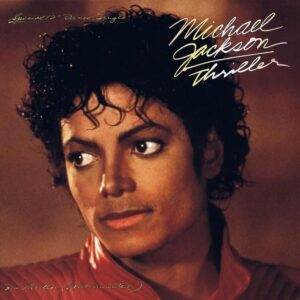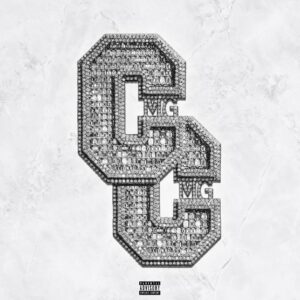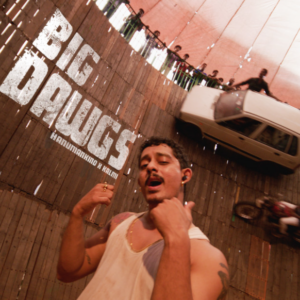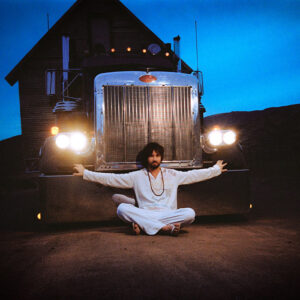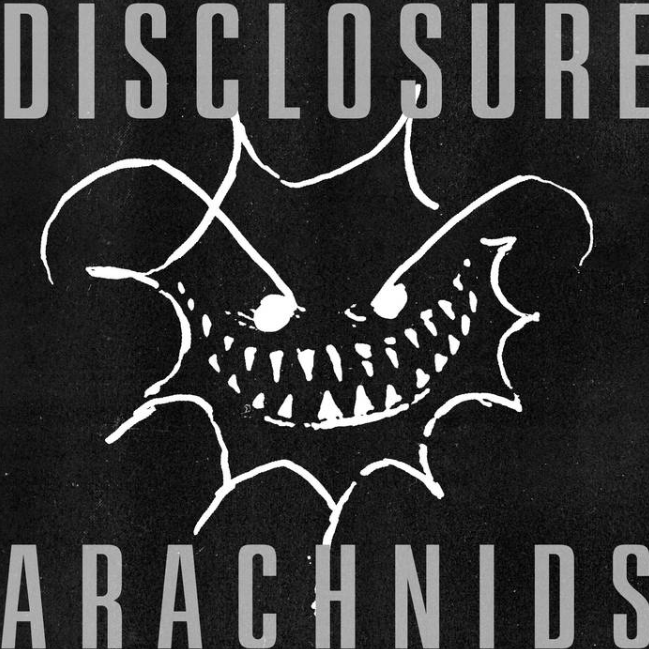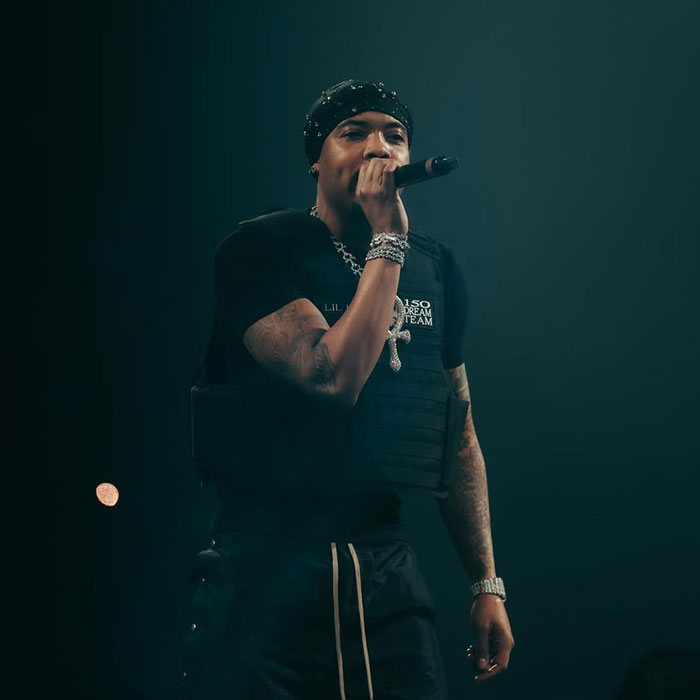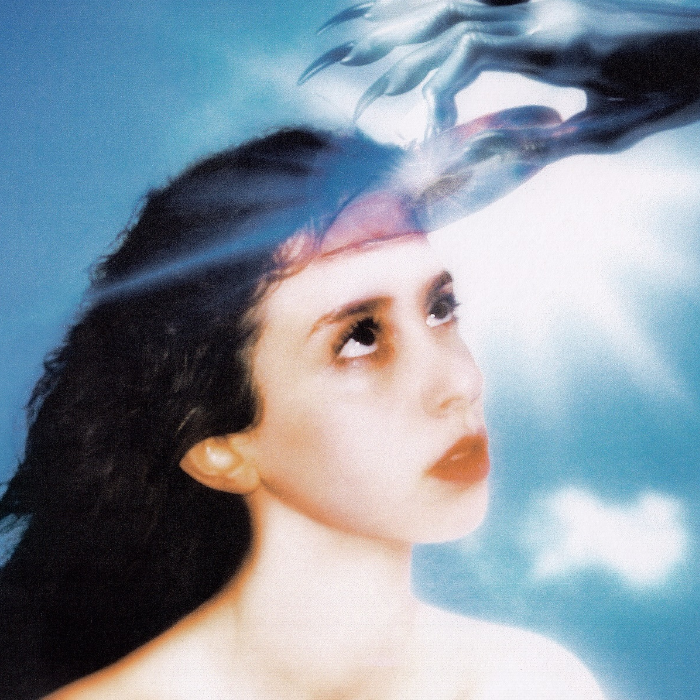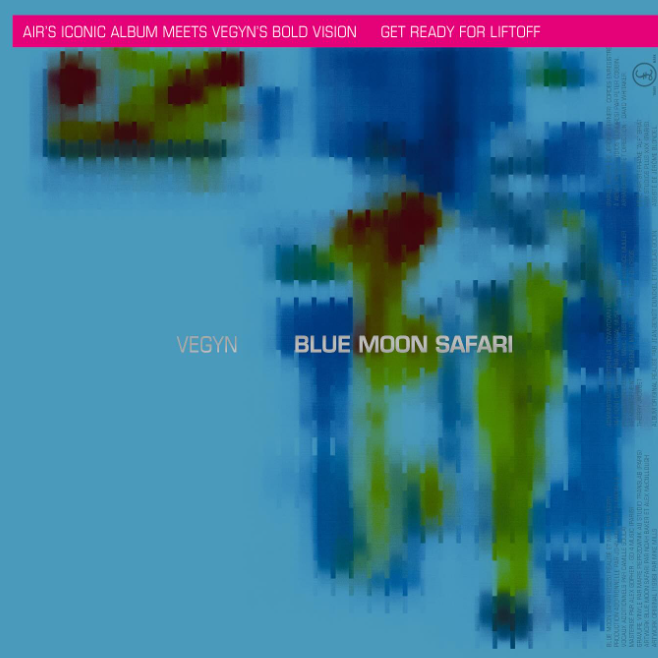
April 3: Pepsi dismissed Madonna
In 1989, Pepsi made it official for their spokesperson Madonna to “leave the group.” The singer was in fact called “blasphemous” by the Vatican because of the release of her album “Like A Prayer.” In a time where the Vatican held a stronger power on the media, this impacted her public impression on the singer, leading Pepsi to dismiss her from her endorsement deal.
A month after Madonna released the actual music video for “Like a Prayer” on MTV, religious groups worldwide immediately protested the clip. The video, according to the Vatican, contained blasphemous use of Christian imagery.
Pepsi initially wanted to continue airing the commercial, although were taken aback by the protests. According to Randy Taraborrelli, the company even allowed Madonna to keep the $5 million advance. This to extricate themselves from the collaboration. At the same time, Pope John Paul II involved himself in the matter and encouraged fans to boycott the singer in Italy.
April 4: James Brown on TV after the assassination of the Rev. Martin Luther King Jr.
On April 4th, 1968, James Brown made a national TV appeal for calm following the assassination of the Rev. Martin Luther King Jr. Two days after the death of the American hero, the streets of the country where filled with riots, uprisings and instability. James Brown had to perform in Boston only two nights after the fatal event. However, the concert almost didn’t happen due to the increase in instability. On the night between the 4th and 5th of April, 1968, James Brown decided to appear on stage anyway. He kept the peace in Boston by the sheer force of his music and charisma.
April 5: Mrs. Robinson
It is today in 1968 that one of the most iconic songs of an era were released: Simon & Garfunkel dropped single “Mrs. Robinson.” Paul Simon originally came up with the song to be about Eleanor Roosevelt. It was originally titled “Mrs. Roosevelt” and had a slightly more aggressive beat. Simon later partially rewrote the song specifically for the film The Graduate (1967), and is part of its soundtrack (1968). The definitive version, with the complete text, was published on the album Bookends (1968).
April 6: Syd Barrett leaves Pink Floyd
After years of uncertainty and discussions, in 1968 Pink Floyd finally announced founder Syd Barrett has officially left the group. Despite not being part of the band since earlier, the English group struggled to officially announce the departure of what was more than a band member – a friend. Due to the problems and suffering connected to psychiatric disorders compounded by drug use, the magnificent artist that was Syd Barrett had to leave the band he himself formed. From then on, David Gilmore became the official guitarist and singer of Pink Floyd.
Gilmore gave splendid music to Pink Floyd, from the solo in “Comfortably Numb” – arguably the best guitar solo ever – to his contribution to songs like “Echoes” and his emotional music dialogue with keyboardist Richard Wright, the solo in “Time,” “High Hopes” and many more. However, it isn’t impossible for a diehard fan to cry over the departure of the founding member and genre creator of Pink Floyd. Hits like “See Emily Play,” “Paintbox” and “Jugband Blues” would’ve never been without Barrett. And however different from the late Pink Floyd, the band couldn’t have been the same without his early contribution. As many say, it is impossible to think about Pink Floyd without Syd Barrett, while it isn’t possible to think about the band with him either.
April 7: “Candle in the Wind” against AIDS
Today in 1990 at Farm Aid IV, Elton John performed “Candle in the Wind” for Ryan White. White, a young boy with AIDS, died later the same day. Ryan was diagnosed in December 1984, and given six months to live. He contracted HIV from a blood treatment for hemophilia. The media coverage of the case made Ryan a national celebrity and spokesman for AIDS research and public education.
Jennifer Fahy wrote for Farm Aid:
“Elton John, who had become a loyal friend to Ryan and his family, was in Indiana to support Ryan. He left Ryan’s bedside at the hospital briefly to perform at the Farm Aid concert. Before launching into “Candle in the Wind” John said, “This one’s for Ryan.” The audience swayed with their hands in the air. Ryan White died the next day at the age of 18.”
Steve Gerardi, a fan, who was there to witness the event while working to make it happen, said about Elton John:
“The thing that impressed me the most about Elton John is he did not do this for publicity. Many celebrities may have done something similar but would have wanted press coverage. Elton John is the definition of class, and his concerts are nothing short of spectacular!”
April 8: Knocked Unconscious in a Riot
On April 8th, 1982, English ex bassist of the band Joy Division and singer of New Order, Peter Hook was knocked unconscious during a riot at a show in Rotterdam. Talking to RadioX, Hook said:
“The first time we played as New Order we played in Holland. We played for 21 minutes. There was no security, the audience went ape…
“We were bad as well and they started throwing things. So the crew got involved and they were throwing things at the crew and they were throwing them back, then it turned into a big fight on the floor.”
He added: “When I jumped off [the stage] they all went ‘Ah he’s out of the band’ and they all jumped on me like a rugby scrum, and one of them punched me and knocked me out”.
April 9: Paul Mc Cartney Quits The Beatles
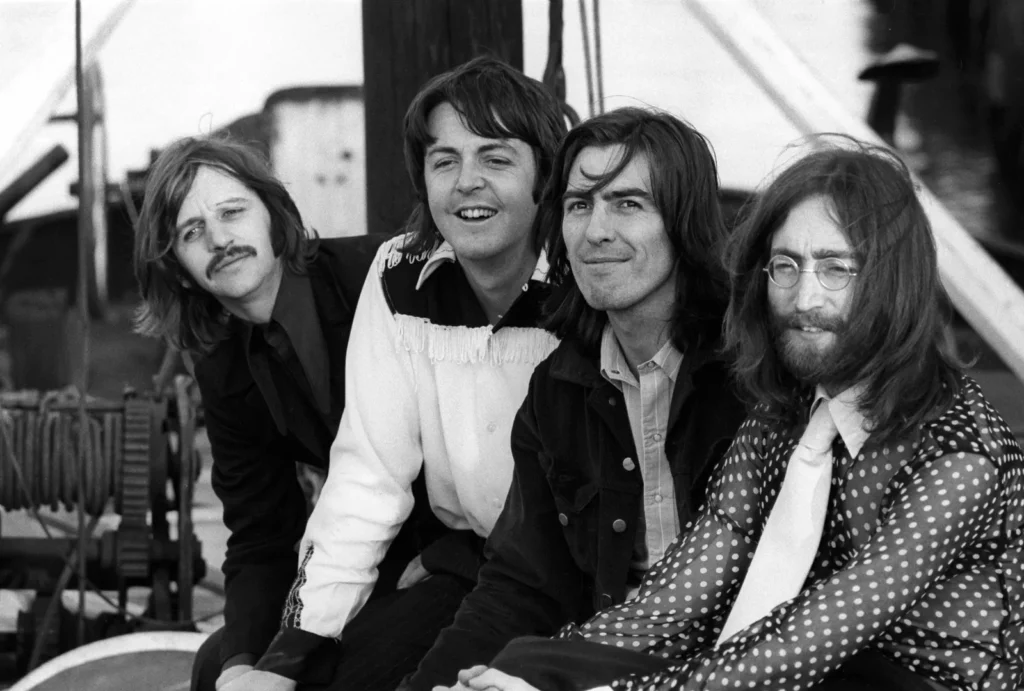
On this day in 1970 Paul McCartney finally quit the Beatles. After weeks of uncertainty and lack of collaboration and reciprocal support, well represented in the movie Get Back (2021), the band concluded their journey together. George Harrison was the first member of the Fab Four to leave the group at the beginning of 1969. After a year, the entire band definitively broke up, when an ambiguous Paul McCartney “self-interview” became as an official announcement of a Beatles breakup according to the international media.
Only three years later, on April 9th, 1973 Paul McCartney and Wings released the song “My Love” in the U.S.

